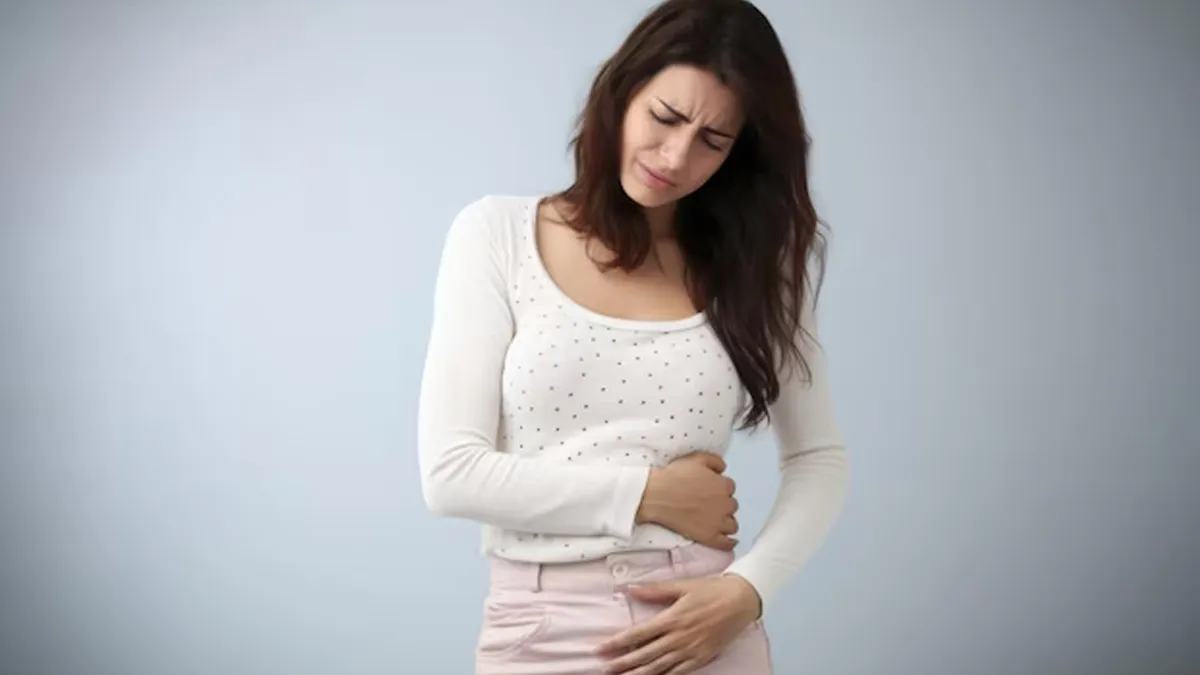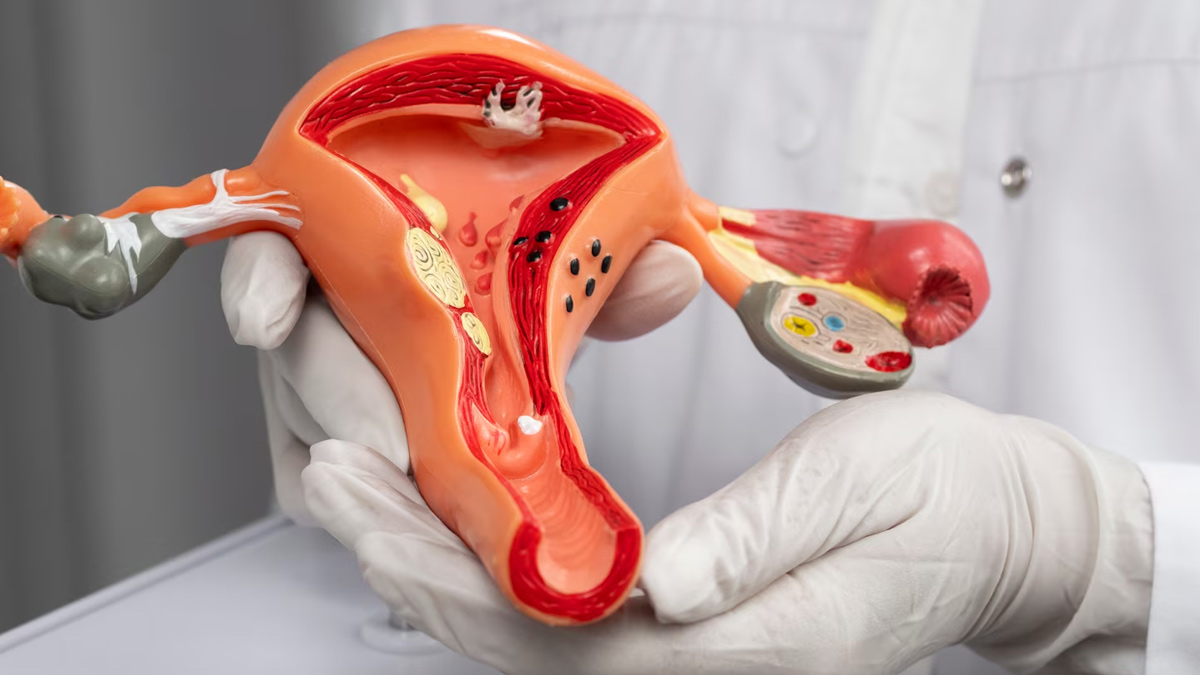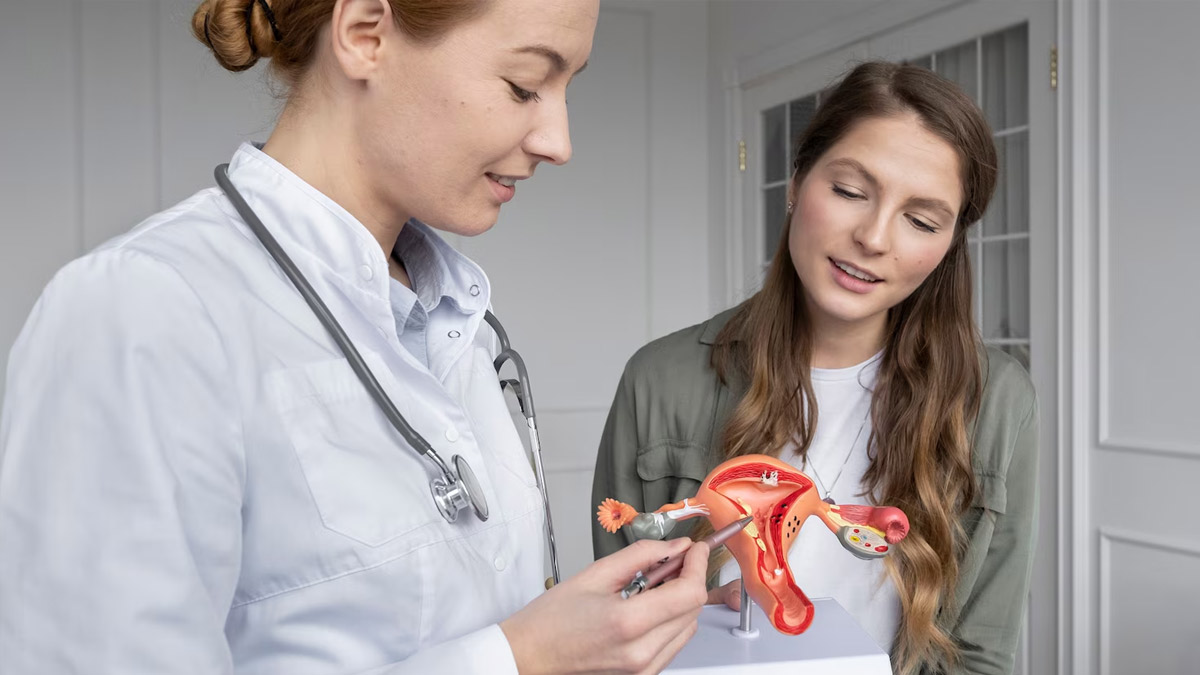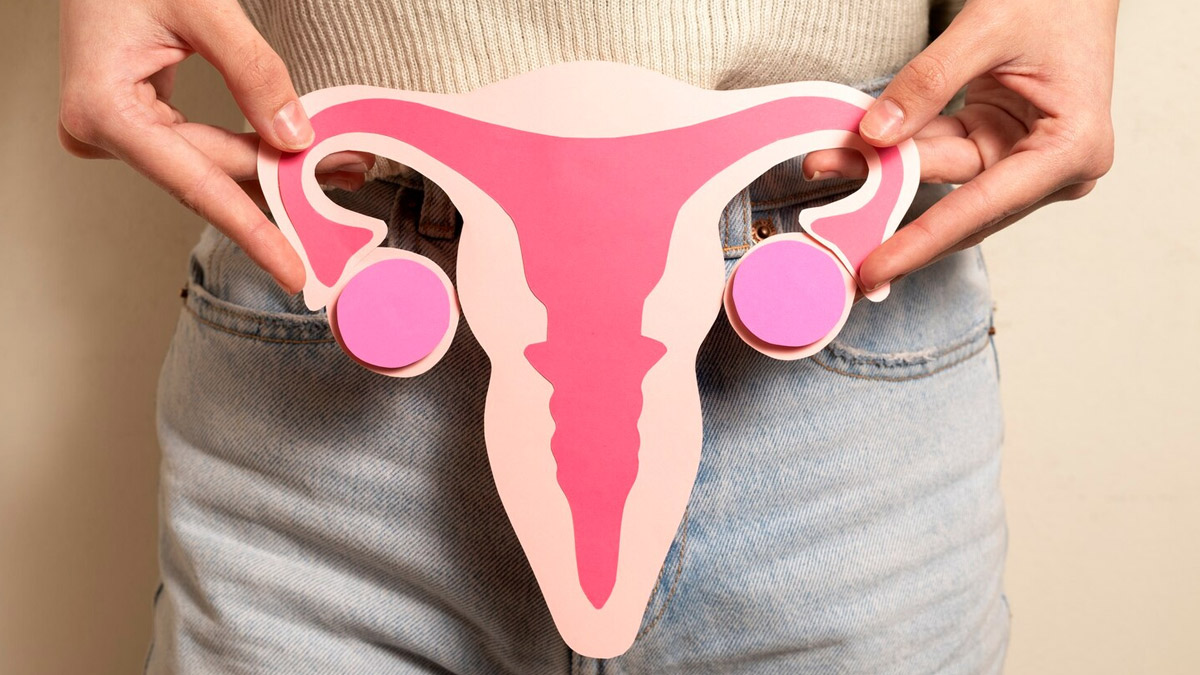
If you’re young, healthy, and have no medical history, you’re unlikely to doubt pelvic pain, heavy periods, or bloating. In most cases, it might not even mean anything. But in some cases, it could indicate uterine fibroids, common, noncancerous growths of muscle and connective tissue that develop in the uterus during a woman's reproductive years.
Table of Content:-
It is always important to address anything that seems unusual or persistent. Young women are more likely to brush off symptoms of uterine fibroids (unintentionally), but read on to know what to watch out for and, most importantly, how to manage them if diagnosed.
Also Read: When To See A Doctor About Period Pain: Warning Signs You Shouldn’t Ignore
What Causes Uterine Fibroids In Young Women?

In an interaction with the OnlyMyHealth team, Dr Kalyani Shrimali, Clinical Director and Fertility Specialist, Nova IVF Fertility, Indore, describes the origin of fibroids as a medical mystery. "It appears that it initiates its life as one of the pseudo myocytes that later grows abnormally inside the uterus," she explains.
During the reproductive years, oestrogen and progesterone play a vital role in the growth of fibroids. There are several factors that can lead to the development of fibroids. Probable causes of fibroids are:
- A family history of fibroids
- Onset of menstruation at an early age
- Obesity
- Diets high in protein, especially red meat or alcohol
- Genetic mutations scattered across the human genome
Warning Signs Of Uterine Fibroids In Young Women

Dr Shrimali says, "Things that can promote early onset of fibroids can be heavy or prolonged periods, pelvic pain, excessive bowel pressure, fatigue and anaemia."
"Regarding fertility, certain types of fibroids, particularly submucosal fibroids, may impact chances of conception, pregnancy and fertile health. These fibroids alter or obstruct the cavity, change the shape of the fallopian tube and increase the risk of spontaneous abortion and sometimes even preterm delivery," he adds.
Treatment Options For Uterine Fibroids For Young Women
Dr Shrimali shares, “When treating a young woman with fibroids, a treatment plan aimed at preserving her fertility may involve treatment targeting her symptoms with hormonal treatment, NSAIDs, a minimally invasive procedure (i.e., uterine artery embolisation – unlikely to be an option for preserving fertility), or removal of fibroids by myomectomy (myomectomy is fibroid removal where the uterus is preserved).”
She explained that treatment isn’t just about preserving fertility. Whether or not to treat depends on the size of the fibroid(s), the symptoms they cause, and the individual’s reproductive choices.
Management Tips For Uterine Fibroids

There are a few lifestyle changes that may help to decrease the risk of fibroids. These are:
- Maintaining an appropriate weight
- Limiting alcohol consumption (particularly beer, thought of as higher in oestrogen)
- Increasing consumption of fruits and vegetables
- Limiting consumption of red meat
- Reducing stress levels
- Limiting exposure to outside sources of hormone disruption
None of these things would eliminate fibroid tumours, but all of them are beneficial to the health of the uterus, so they may ultimately contribute to enhancing fertility.
Also Read: Top Medical Reasons Behind Heavy Periods With Clots In Women Over 40
Conclusion
Uterine fibroids in young women can often be managed with lifestyle changes, medications, or minimally invasive procedures, but timely attention to symptoms is key. When the condition becomes severe, surgical options like myomectomy or hysterectomy may be considered, depending on a woman’s fertility goals and overall health. Recognising the signs early and discussing treatment choices with a specialist ensures the best approach to managing fibroids while safeguarding both wellbeing and future reproductive plans.
Also watch this video
How we keep this article up to date:
We work with experts and keep a close eye on the latest in health and wellness. Whenever there is a new research or helpful information, we update our articles with accurate and useful advice.
Current Version